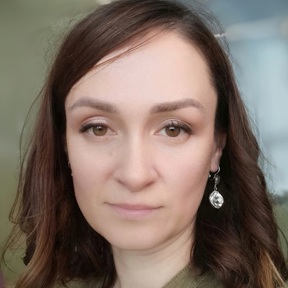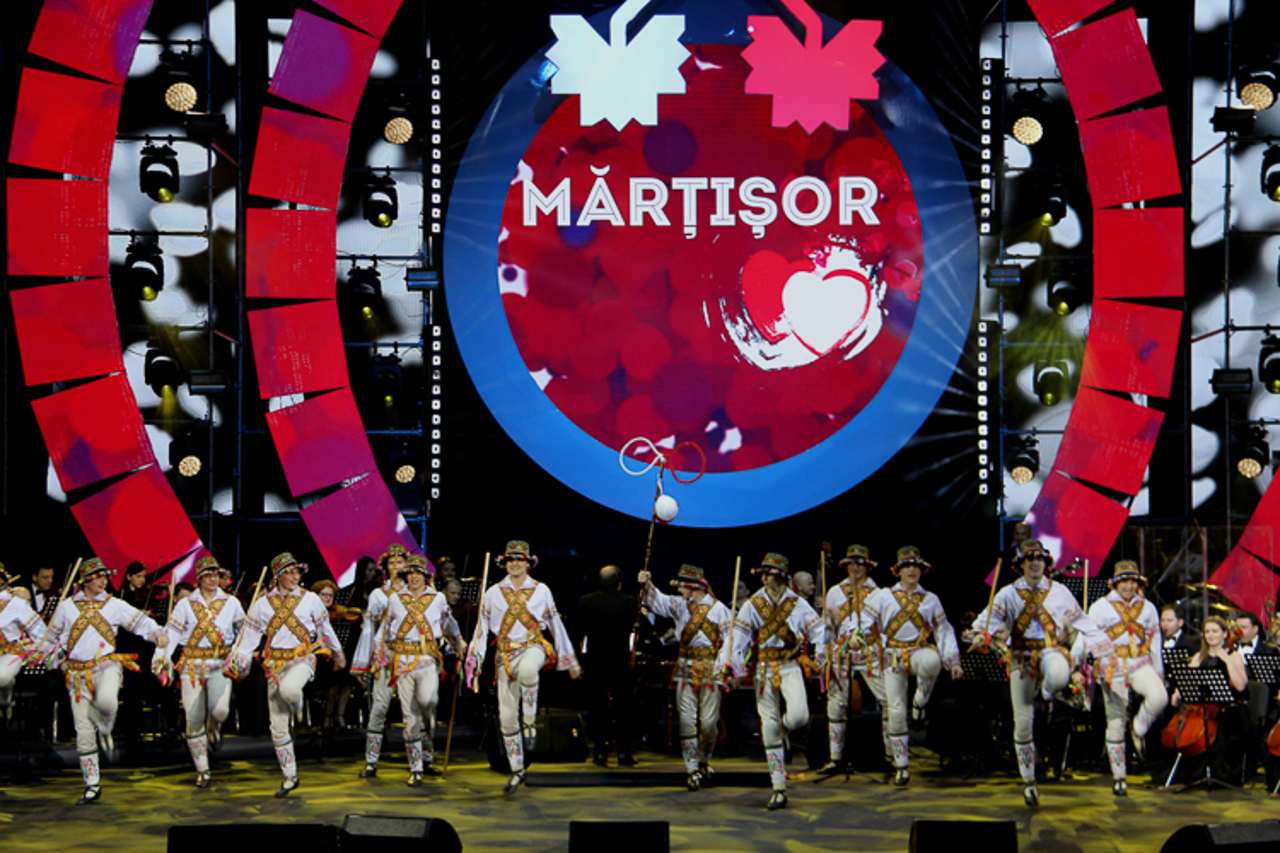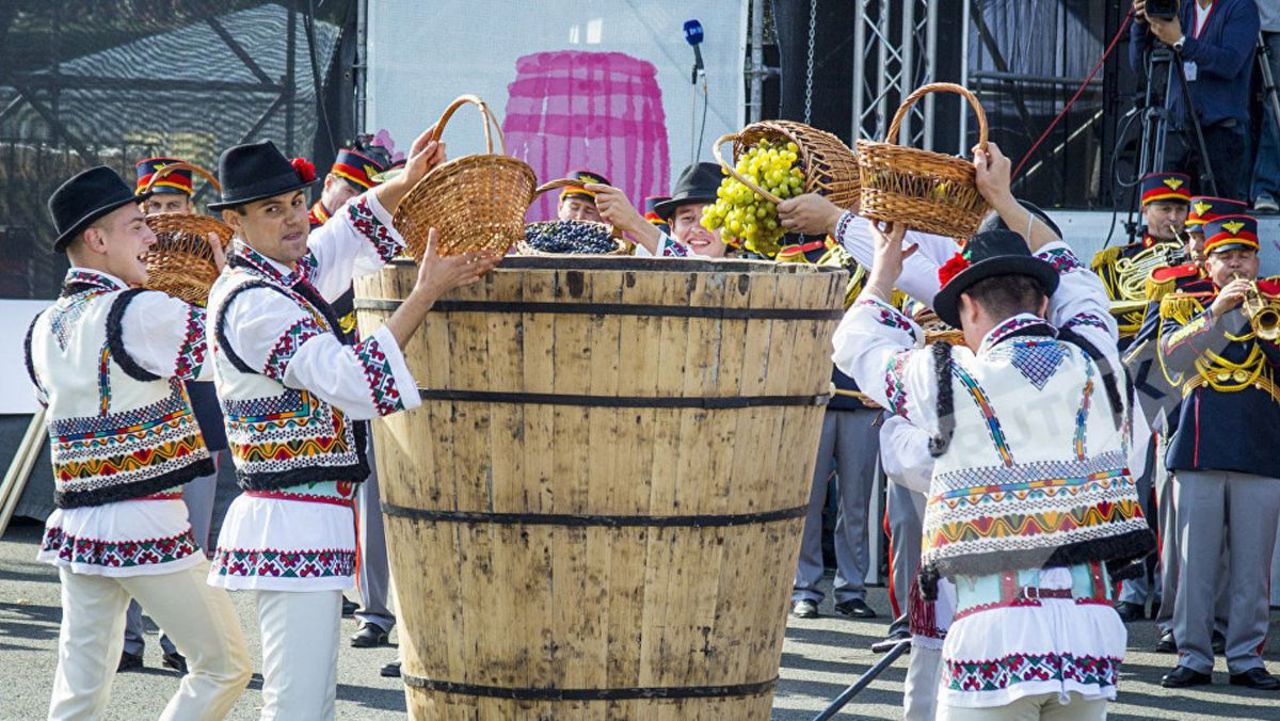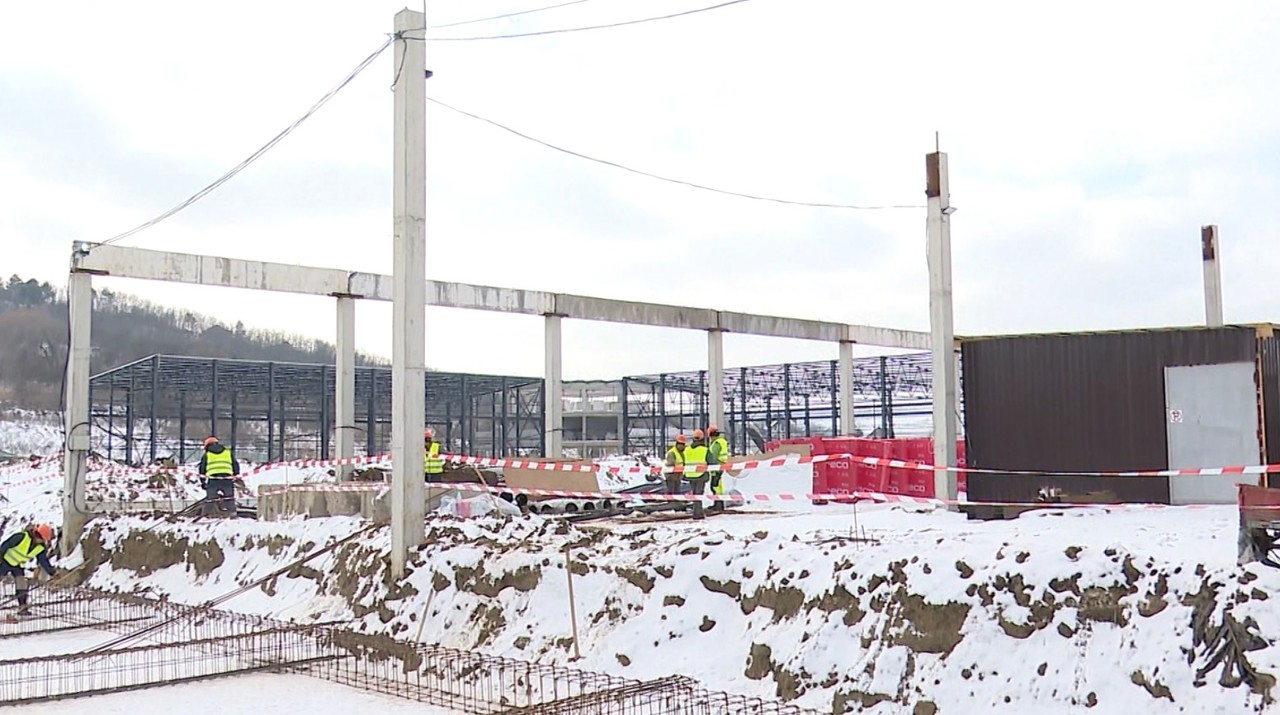Press // Review: Moldova strengthens energy security amid upcoming elections
The media in the Republic of Moldova (RM) is discussing the solutions proposed by the authorities to address the challenges in energy security. Several publications point out that 2025 will be a pivotal year for the continuation of reforms, given the upcoming parliamentary elections.

Ziarul de Gardă continues to investigate why the state failed to purchase cheaper gas at the right time to prevent the energy crisis. Several documents regarding natural gas purchases in 2024, analyzed by ZdG, reveal that Energocom and Moldovagaz failed to buy gas for the 2024–2025 winter season because they relied on recommendations from officials within the Ministry of Energy, who had forecasted a price drop. However, this prediction did not materialize, according to the former director of Energocom. In mid-August, Moldovagaz notified the Ministry of Energy about three transactions on August 7, but on August 8, it refrained from purchasing gas because the price had increased following the Ukrainian military’s incursion into the Kursk region. Moldovagaz stated that the purchases were made in accordance with the price cap set by the National Energy Regulatory Agency.
Former Minister of Energy Victor Parlicov stressed to Ziarul de Gardă that the ministry’s forecasts were merely recommendations and not binding. "The ministry makes recommendations; it does not buy or sell. We recommended in February that they purchase, but they didn’t, and in August we made other recommendations. They now claim that, due to our recommendations, they failed in the procurement process," Victor Parlicov said in the ZdCe Podcast.
Several media outlets are reporting another step taken by the authorities to reduce dependence on Russian gas. Ziarul Național highlights that Energocom has tripled its purchases from the Cernavodă nuclear plant in Romania at preferential prices, marking an important step for Moldova in decoupling from the energy produced by the Cuciurgan plant, which is controlled by Russia. "This is a significant and concrete form of support from the authorities in Bucharest for Moldova," reads a press release from Energocom, quoted by Ziarul Național.
The collaboration between Energocom and Nuclearelectrica comes amid efforts to strengthen the energy security of the Republic of Moldova, especially in light of the ongoing challenges in the energy sector, notes bani.md. The same publication reports that during the winter months, heating plants in Chișinău and Bălți cover approximately 25%-30% of the electricity needs on the right bank of the Dniester. Thus, electricity purchased from Nuclearelectrica will ensure a constant and secure flow of energy, complemented by renewable energy, which is weather-dependent. During peak hours, additional energy needs will be met through purchases from the Romanian OPCOM market, as stated in the article published on bani.md.
The economic and energy crises could be driving social discontent that might affect the current government’s standing in the upcoming parliamentary elections next year, suggests public policy expert Andrei Curăraru from WatchDog, quoted by Moldova 1. In the same context, the website deschide.md brings forward the opinion of analyst Mihai Isac, who warns that Moldova should take note of Georgia’s example, which has long been considered a model of resistance against Russian influence and a European aspiration in the Caucasus. The situation in Georgia serves as a clear warning for Moldova, the expert emphasizes, noting that the European path is not guaranteed, and external influences could derail even the most ambitious modernization projects. According to Mihai Isac, exceptional maturity will be required from both Moldova’s political class and electorate in 2025, an extremely important election year. The Russian Federation is seeking to gain electoral control over Moldova to fulfill its objectives in the illegal military invasion initiated by the Kremlin in the early 1990s, the expert concludes.
Deutsche Welle explains how Russian services influence Moldova and Georgia. Referring to an investigation by the German publication Handelsblatt, it demonstrates how Russian secret agents exercise considerable influence over Eastern European countries to prevent their Western integration. Martin Murphy, an investigative journalist at Handelsblatt, reveals that mobility data showed how Russian representatives, primarily from the FSB, the Russian government, or Trafo, a proxy of the intelligence services, traveled from Moscow and eventually arrived in Moldova. Similar mobility patterns were observed in Georgia. Analyzing this data, they found a significant presence of Russian agents and officials during the months of March and May 2024—critical periods before elections when pro-Russian protests took place in Moldova. "We were able to track how they entered Moldova, in some cases by land through Ukraine. Once in Moldova, they were present in the capital during the protest days in considerable numbers... It is already well known that Moldova is a key point for Russia. It borders Ukraine, is a former Soviet republic, and the Moscow government considers it part of its sphere of influence. However, the population of Moldova— as shown in the elections—wants to pursue a different path, closer to the European Union," concludes the German journalist, as quoted by DW.
Radio Moldova cites European Parliament President Roberta Metsola, who stated at the European Leaders Summit that the expansion of the European Union should be a priority for 2025. The European official emphasized that Brussels must intensify its support, especially for Ukraine, Moldova, and Georgia, and look at the prospect of EU enlargement with optimism.
Translation by Iurie Tataru





